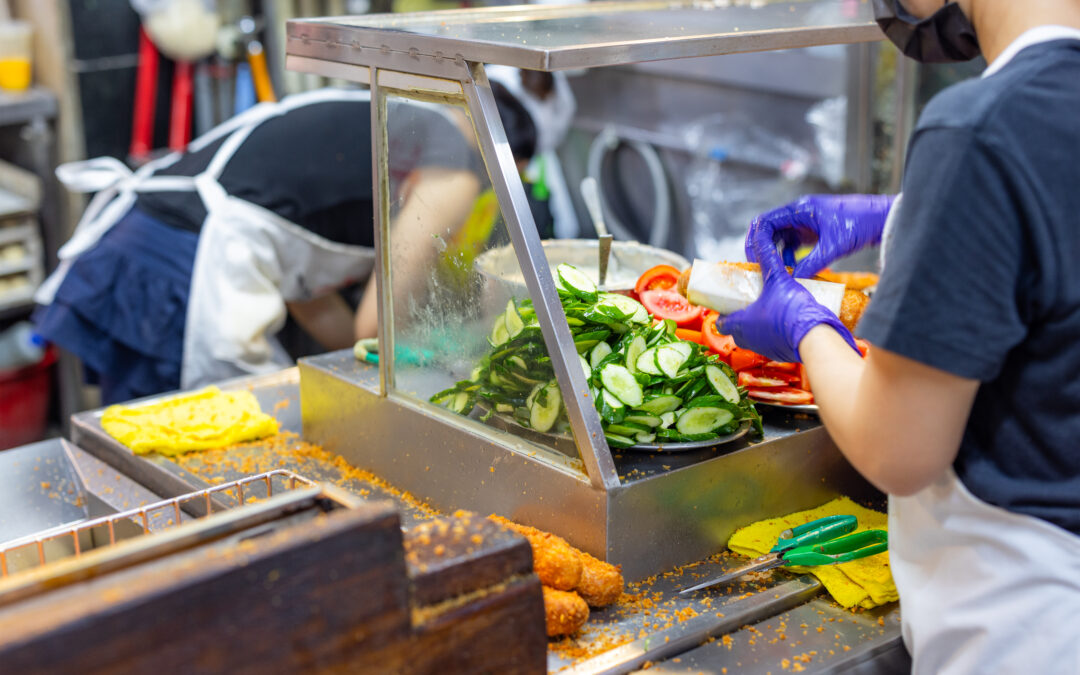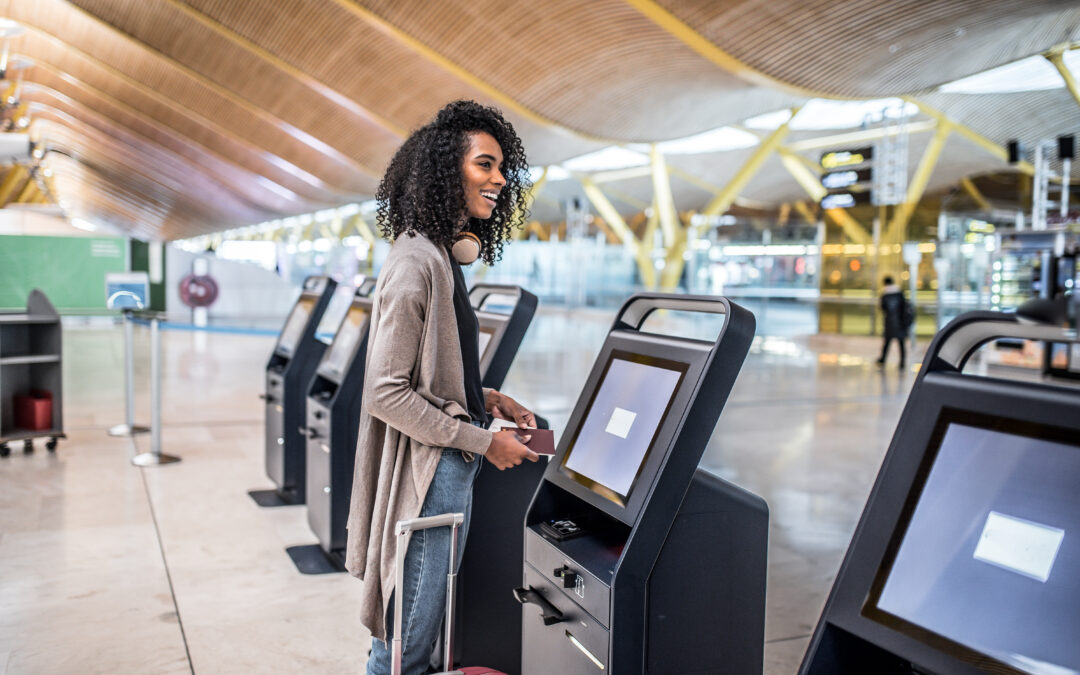
The outbreak of the novel coronavirus in Wuhan, Hubei Province, China, has been creating headlines for the past few weeks. As the virus continues to spread, it’s important to take precautions to ensure the health of you and your family members––especially if you’re planning on traveling.
While travel to Wuhan and the entirety of China has been suspended, the virus has been identified in other international locations, including the United States. Even if you’re not traveling to Wuhan, China, or even Asia, it’s possible you could come in contact with the virus.
Here are some safety precautions every traveler should consider before hitting the road.
You probably don’t need to cancel your plans.
If you’re not traveling to China, your travel plans are fine for the time being. However, if you have a trip to Wuhan, the Hubei Province or China, you may want to reschedule your plans.
The United States is urging any travelers to avoid the Hubei Province entirely, stating that there are limited emergency services available to U.S. citizens at this time. The Center for Disease Control and Prevention has also issued the highest travel warning for China, urging Americans to cancel any “nonessential” travel to the country.
However, according to the World Health Organization, the virus is not yet a public health emergency for the rest of the world. This means you don’t need to cancel your trip to other destinations.
Treat coronavirus like the flu.
If you’re not traveling to China, you probably don’t have anything to worry about. While the disease has spread, it’s not likely you’ll encounter an infected individual at the airport.
But this doesn’t mean you shouldn’t take some extra precautions. Just like traveling during flu season, you can take steps to ensure you and your family members, or other travel companions, don’t fall ill.
Here are our best tips.
1. Pack sanitizing wipes.
Disinfecting wipes should always be a traveling staple. From door handles, your airplane seat, security bins and more, the items you encounter on an airplane and in the airport are full of germs.
Throw a pack of sanitizing wipes into your carry on. If you have space in your bag of liquids, bring a travel-size bottle of hand sanitizer as well.
Wipe down seats, armrests, tray tables and other surfaces you come into contact with. Remember to sanitize or wash your hands after touching door handles, security bins, money and other items sick individuals may have touched.
2. Avoid touching your eyes, nose or mouth.
Germs typically enter your body through your eyes, nose or mouth. When traveling, avoid touching any of these locations, especially if you haven’t recently washed or sanitized your hands.
Try to avoid eating foods with your hands, including snacks on the plane. If you can’t make it through the flight without your peanuts and pretzels, use hand sanitizer before snacking.
3. Be prepared for potential screenings.
As the virus spreads, airports are choosing to screen passengers for fever, including five U.S. airports: New York’s John F. Kennedy International Airport, San Francisco International Airport, Los Angeles International Airport, Hartsfield-Jackson Atlanta International Airport and Chicago O’Hare International Airport.
While airports are currently only screening arrivals, this may change if the virus continues to spread. Give yourself some extra time for additional screenings on your traveling days.
4. Boost your immune system.
Flying weakens your immune system, leaving you more susceptible to colds, illnesses and viruses––including coronavirus. To avoid getting sick, take extra precautions to boost your immune system.
Pack Vitamin C supplements and bring plenty of fluids while traveling. Avoid sugary drinks or caffeine before flying, as they can dehydrate you. Instead, opt for water on your travel days.
At this time, coronavirus isn’t anything to worry about for travelers not headed to Wuhan or China. If you have an upcoming trip to China that you don’t feel comfortable taking, reach out to your airline to see how they can accommodate you.
However, if your travel plans involve other parts of Asia, Europe, Africa or the Americas––don’t worry. With proper precautions and proactive hygiene, you have little risk of infection.
Related Posts


How to Avoid “Traveler’s Tummy” and Protect Your Gut Health
Traveling sounds like the best way to spend your time off until you experience traveler’s tummy, turning your vacation into a spiral of digestive concerns. If you’ve been in and out of the bathroom after eating a local delicacy on the street, you’ve likely eaten...

How AI Is Transforming the Ecotourism Industry
Artificial intelligence is making an impact across nearly every industry, including ecotourism and travel. Businesses can leverage advanced technologies to craft personalized experiences, improve the planning experience and...